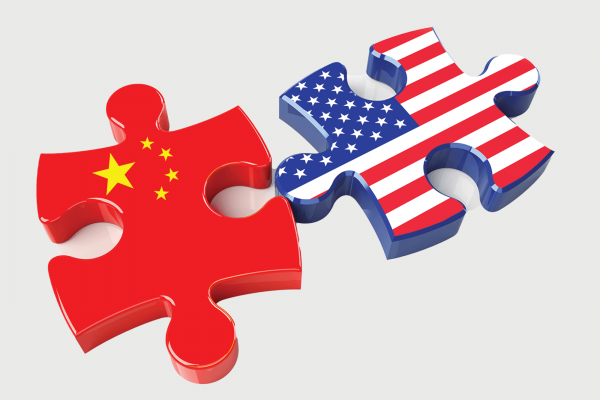EVIDENCE OF THE rising power of China and the dangers of a bipolar China vs. U.S. battle for superpower dominance can be seen around the world. For instance, in May, I drove past hundreds of Chinese construction workers in Costa Rica building a China-funded highway. Dozens of shipping containers made up their roadside housing, each marked not in Spanish but with a Chinese character. Later that month, President Joe Biden traveled to South Korea to meet newly elected President Yoon Suk-yeol, who drew on growing public antipathy toward China in his campaign. In June, I was in Japan, where many voiced alarm about the Chinese government’s iron-fisted takeover of Hong Kong, asking whether Taiwan would be next.
My five years of experience in Northeast Asia as a representative of Mennonite Central Committee (MCC) prepared me for what I was hearing. Colleagues from Asia, Africa, and Latin America have told me that Chinese power is ubiquitous. In the Democratic Republic of Congo, for example, China and the U.S. are battling to dominate the world’s clean energy economy by controlling the mining of cobalt—a metal used in nearly every computer, cellphone, and electric car.
When I returned to New York in June, I resumed my front-row seat at the United Nations, where battles between the U.S. and China have paralyzed the UN Security Council’s ability to address global challenges.
Fears about China have implications close to home.
Read the Full Article

